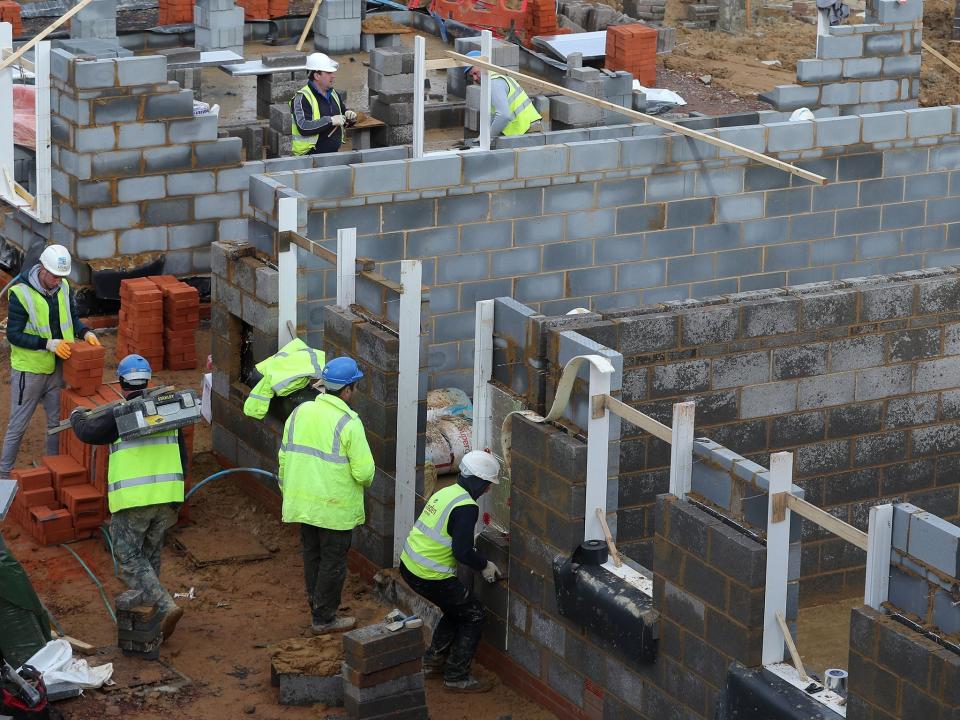Nine in 10 UK employers struggling to find skilled workers with Brexit set to make shortage worse, survey finds

Nine in 10 employers struggle to recruit the skilled staff they need, with Brexit set to have a “disastrous” impact on the UK’s ability to compete, a survey has found.
A significant number of additional skilled workers will be needed to meet demand over the next five years, according to a study by City and Guilds.
Interviews with senior executives at over 1,000 employers found that two thirds of UK employers think the skills gaps in their businesses are likely to get worse or remain the same in the next 3-5 years.
Employers also expect skills gaps to have an adverse effect on productivity. Almost half said the struggle to recruit skilled workers would impact the productivity of their business, making it the most commonly cited concern. Brexit will hamper business growth according to 46 per cent of respondents.
The research also found that employers want more support from the Government and the UK education system to get the skills they need, whilst also acknowledging that they themselves needed to take greater responsibility for skills development.
Apprenticeships could be an integral part of the solution to the skills gap problem. Despite negativity since the introduction of the Apprenticeship Levy in April 2017, there is significant demand for workers at this level in UK businesses, the survey found. Almost four in 10 employers stated that the role they plan to recruit for most in the next 3-5 years is apprentices.
The same number said that an apprenticeship programme is the top method they plan to use to encourage entrants into the workplace.
Separate research released on Tuesday revealed that one in five hospitality businesses found it harder to recruit staff last year than in 2016.
A survey by YouGov for software company Planday found that the majority of people thought the decision to leave the EU has made the UK a less welcoming place to live and work.
Kirstie Donnelly, managing director of City & Guilds, said: “The UK is facing a skills gaps crisis which, if goes unaddressed, could have a disastrous impact on UK businesses’ ability to compete on a global scale post-Brexit.
‘’While there is a great deal more to be done at a policy level to manage and minimise skills gaps in the future, it is also important that employers are taking steps to shore up their own skills pipelines.
“Our research found that over a quarter of employers plan to prepare for Brexit by upskilling their current workforce, but more should be considering this route.
“By offering high quality training on the job, employers not only secure the skilled workforce they need, but they can also boost productivity and increase staff loyalty, retention and engagement.’’

 Yahoo Finance
Yahoo Finance 